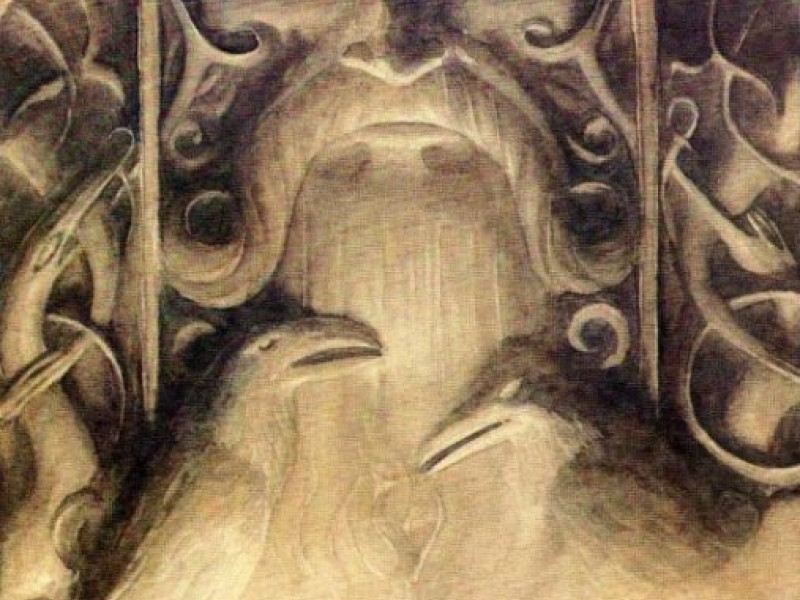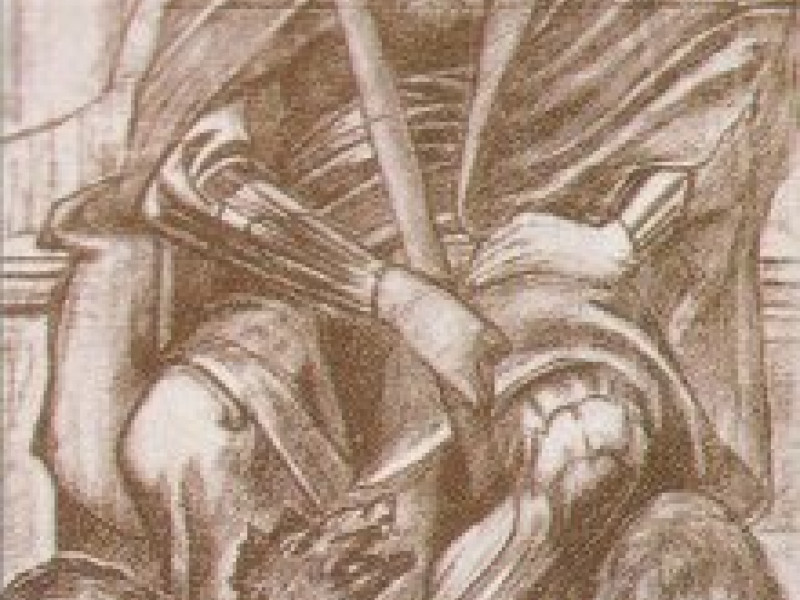Vafthrudnir: Contest of Wisdom
The dialogue in Vafthrudnismal ("Vafthrudnir's Sayings") begin with Odin telling his wife Frigg that he would visit the giant Vafthrudnir, who was reputed to be the wisest of giants. Frigg would have preferred that Odin stay at home, rather than facing such a powerful giant, but she didn't dissuade him.
Odin arrived at Vafthrudnir's hall disguised as a human wanderer. Odin introduced himself as Gagnrad, seeking the wisdom of Vafthrudnir. Vafthrudnir warned him that if he was seeking answers, then Gagnrad (Odin) should be willing to answer his questions. However, should either one not be able to answer any question, that person would lose their head.
Vafthrudnir began asking a series of questions to Odin, and then Odin would ask him a set of questions. This game of a test of wisdom seemed to reveal different aspects of mythology. Most of Vafthrudnir's questions dealt with the names of animals (eg. horses), geography (names of rivers), and where the final battle (Ragnarok) would take place.
Odin's 18 questions ranged from the Creation to Ragnarok. Most interesting are the questions concerning both events, particularly the humans and gods who would survive Ragnarok.
It seemed that Odin was most interested in the second to last answer of how he would die. Vafthrudnir told him that Odin would be swallowed up by the wolf Fenrir, and that he would be avenged by Vidar, Odin's son.
With this answer, Odin ended the game with the last unanswerable question, which was –
“...what did Odin say into the ear of his son before he mounted the pyre?
Vafthrudnir then realised that this Gagnrad was really Odin in disguise, and admitted that he didn't know what Odin whispered to Balder, Odin's dead son.
So the poem ended. Though Odin won, we don't know what happened to Vafthrudnir after the contest. Did Vafthrudnir lose his head?
By Jimmy Joe



